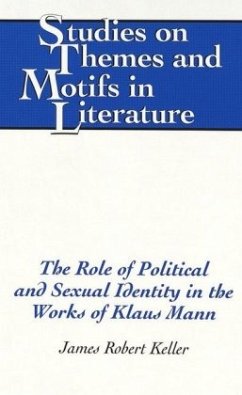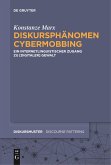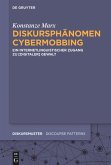This critical study attempts to determine the role of sexual and political identity in Klaus Mann's works. By examining such recurrent thematic patterns as the work of art as progeny, supernatural births, the image of the writer as soldier and monk, or obsession with death, among others, the study finds in Klaus Mann a characteristic sense of "social self-identity." This is the first book-length treatment of Mann's fiction and non-fiction prose, drama, and diaries to show the interrelationship between his political development as an anti-fascist and his sexual identity as a gay writer. The theoretical approach to Mann's works contrasts earlier twentieth-century conceptions of personal identity, articulated by such writers as Erik Erikson, Karen Horney, and Erich Fromm, with more recent thinking on identity questions.
"Dr. Keller's study effectively probes the meaning of sexual and political identity in Klaus Mann's works. Keller considers Mann's fiction and non-fiction prose, dramatic works, and diaries to compare and contrast his political development as an anti-fascist with his sexual identity as a gay writer. The result: A fresh perspective not only on Mann, but also on literary critical approaches to the complex nature of 'identity' itself, as muse and inspiration." (James Steakley, University of Wisconsin)
"This thoughtful analysis deserves particular attention for its treatment of identity questions in Klaus Mann, whose legacy has recently experienced increased readership and influence. Keller's original book judiciously raises issues... crucial to future studies of sexuality and literature, sexual politics, and the history of antifascism, in society and in the arts." (Ralf Dose, Magnus-Hirschfeld-Gesellschaft, Berlin)
"This thoughtful analysis deserves particular attention for its treatment of identity questions in Klaus Mann, whose legacy has recently experienced increased readership and influence. Keller's original book judiciously raises issues... crucial to future studies of sexuality and literature, sexual politics, and the history of antifascism, in society and in the arts." (Ralf Dose, Magnus-Hirschfeld-Gesellschaft, Berlin)




